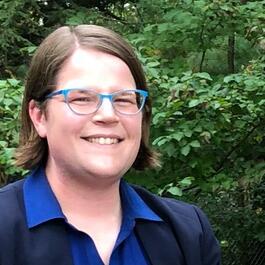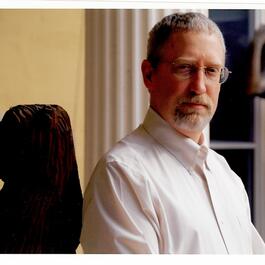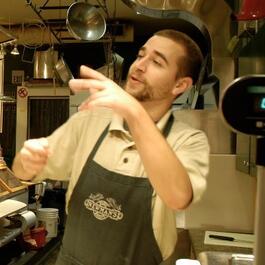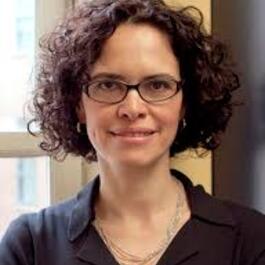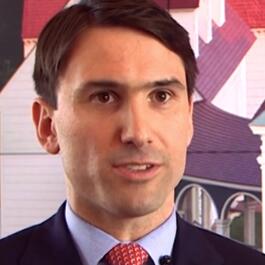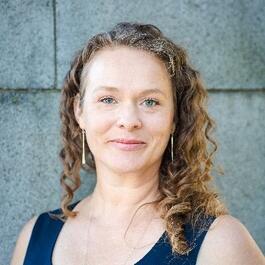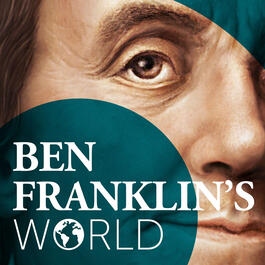
Ben Franklin's World
This is a multiple award-winning podcast about early American history. It’s a show for people who love history and who want to know more about the historical people and events that have impacted and shaped our present-day world. Each episode features conversations with professional historians who help shed light on important people and events in early American history.
Show episodes
British officials had a problem: Their American colonists wouldn't stop smuggling. Even after Parliament slashed tea prices and passed laws to make legal imports cheaper, colonists kept buying Dutch and French goods on the black market. So what was really going on? If it wasn't just about saving money, what drove thous
Think the Boston Tea Party made America a coffee-drinking nation? Historian Michelle McDonald reveals the truth: colonists were already choosing coffee over tea because it was cheaper. Michelle Craig McDonald, the Librarian/Director of the Library & Museum at the American Philosophical Society and author of Coffee Nati
In the 1820s, American entrepreneurs, engineers, and politicians dared to dream big. They believed they could cut a canal, not through Panama, but through the wild, rain-soaked terrain of Nicaragua. Their goal: To link the Atlantic and Pacific Oceans and transform global trade forever. But what inspired these ambitious
As we look ahead to the 250th anniversary—the semiquincentennial—of the Declaration of Independence in 2026, communities and commissions across the United States are asking big questions: How should we commemorate this historic milestone? What’s the right balance between celebration and education? And how can this mome
Each November, we Americans come together to celebrate Thanksgiving, a holiday that invites us to reflect on gratitude, community, and the stories we tell about our past. But what do we really know about the origins of this holiday? What did the “First Thanksgiving” look like, and who were the people who made it happen
As Thanksgiving approaches, many Americans are gathering to reflect on gratitude, family—and of course—food. It's the time of year when we may think about the so-called "First Thanksgiving" and imagine scenes of Pilgrims and Native peoples gathering in Massachusetts to share in the bounty of their fall harvests. But ho

